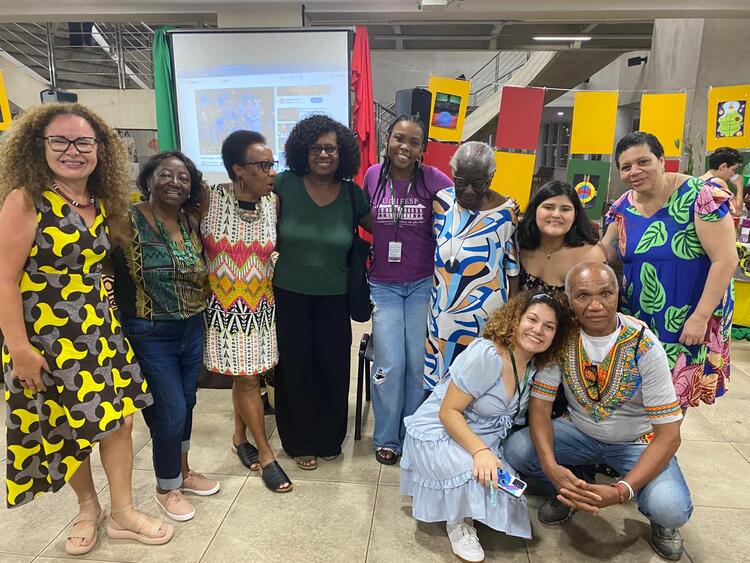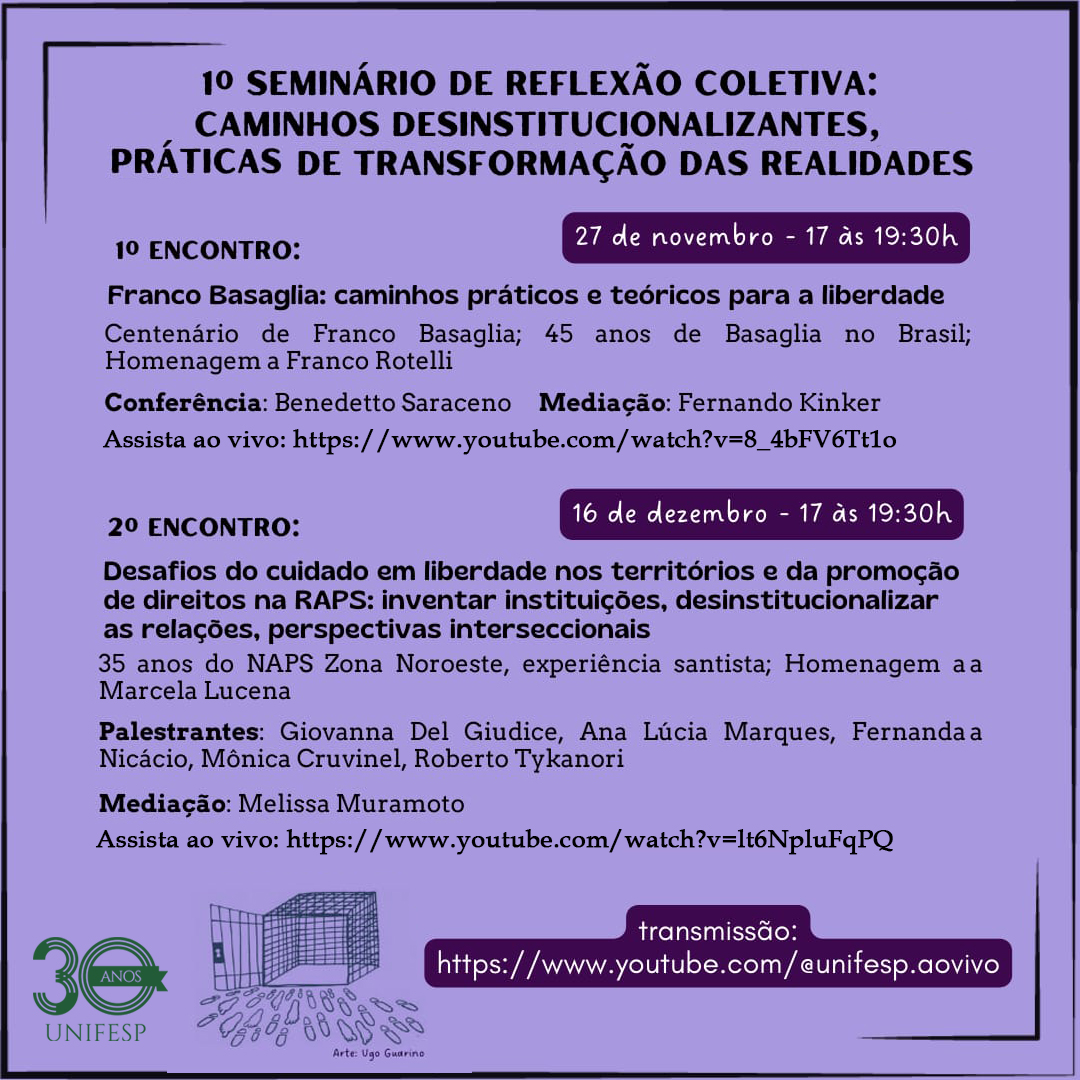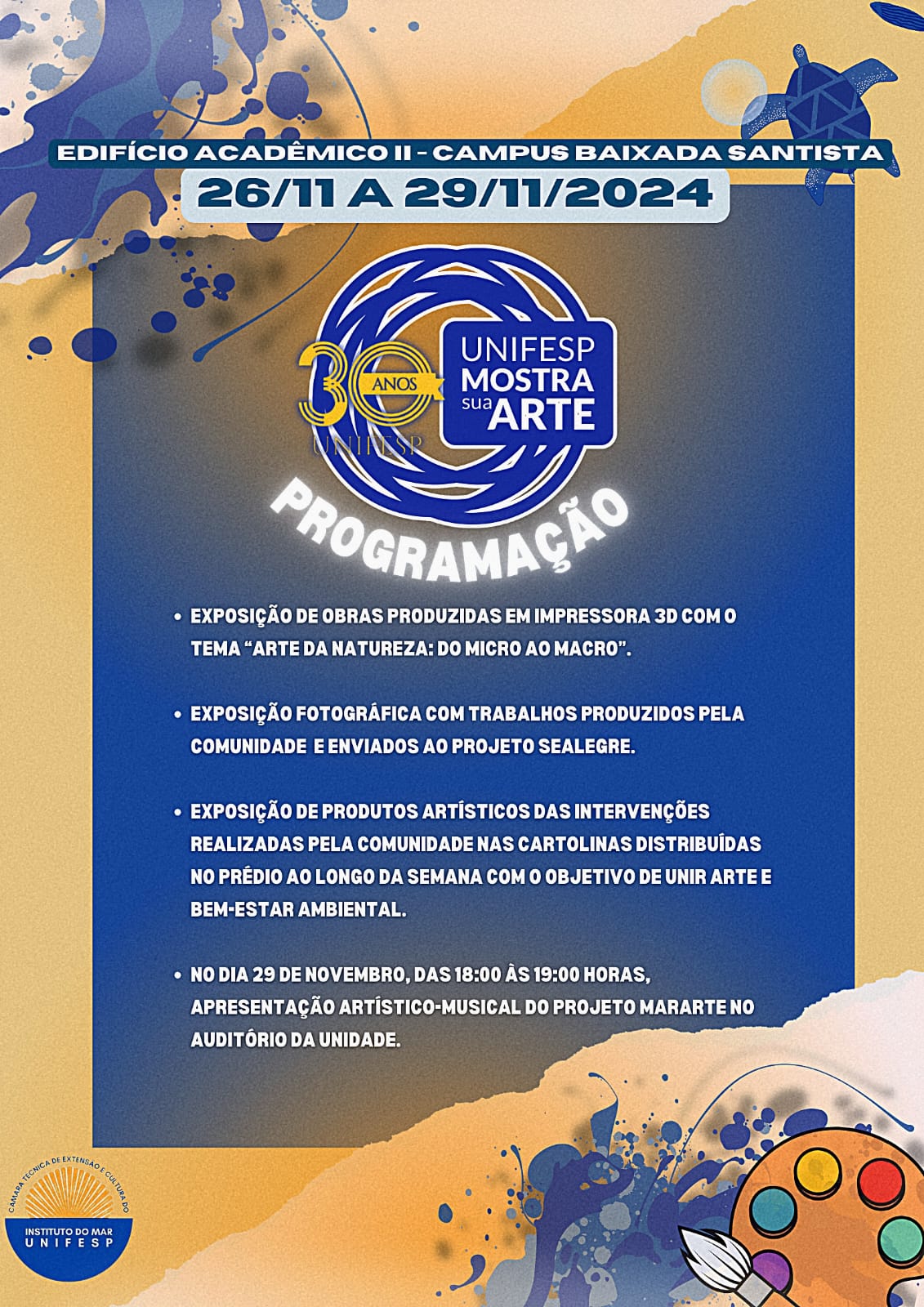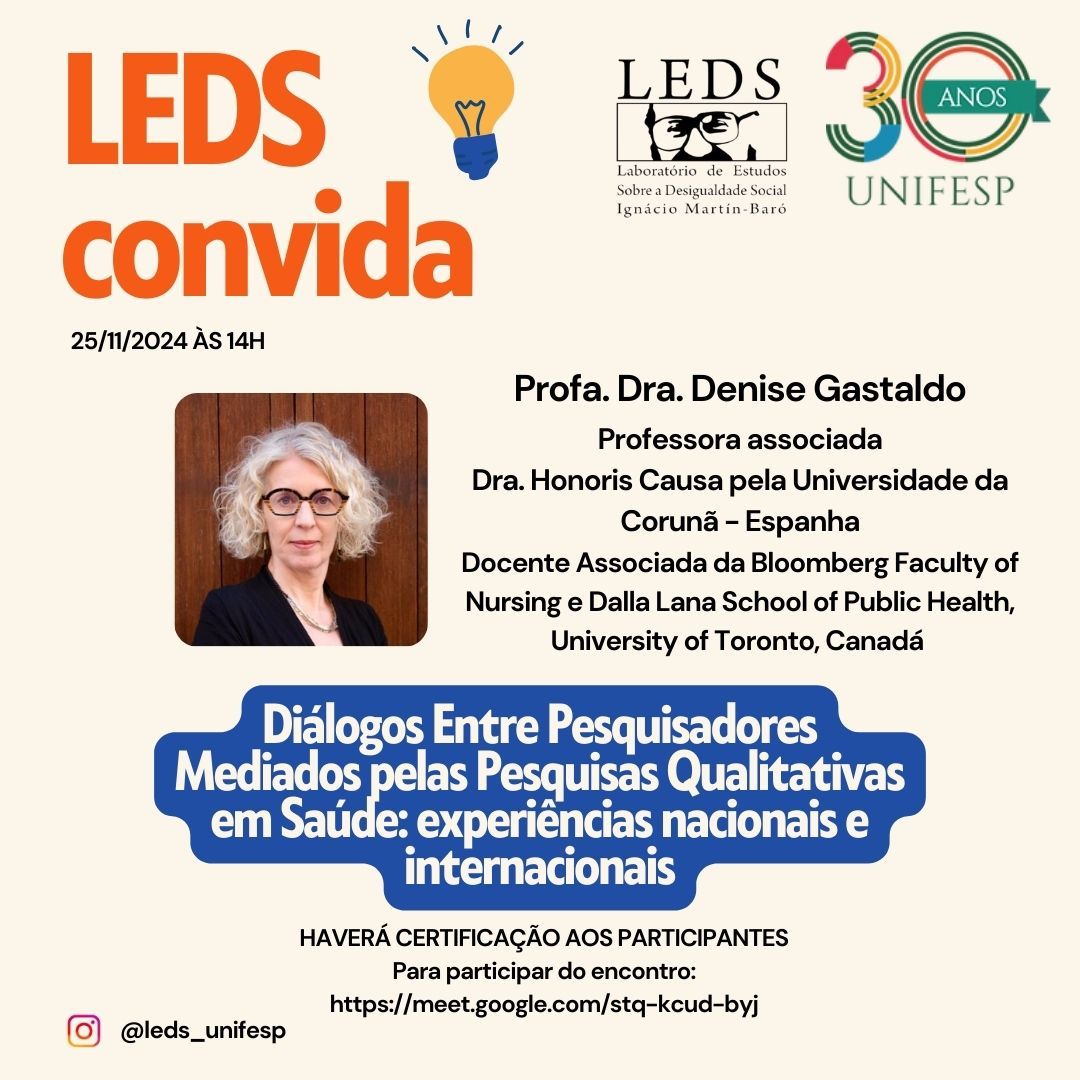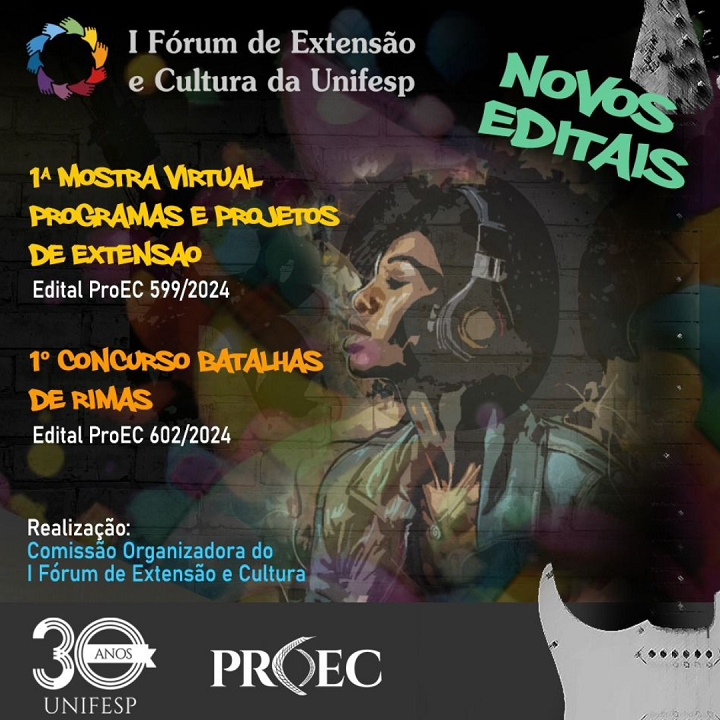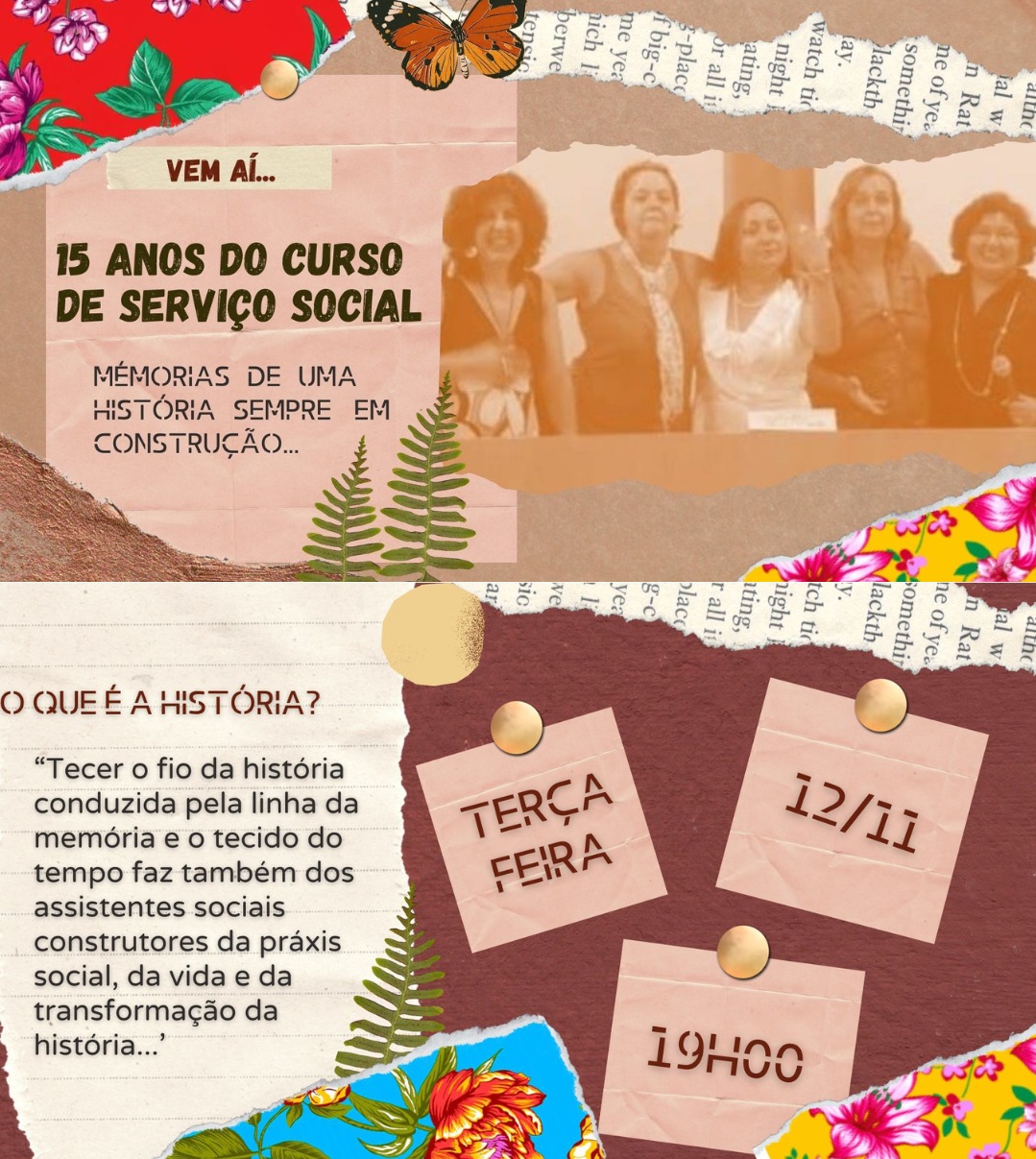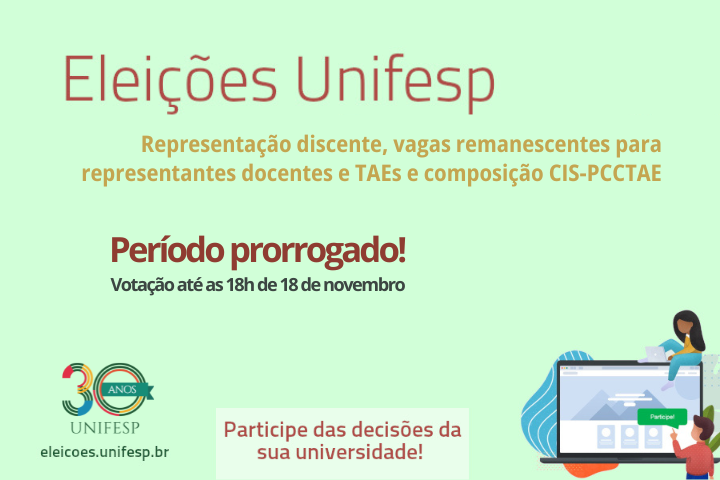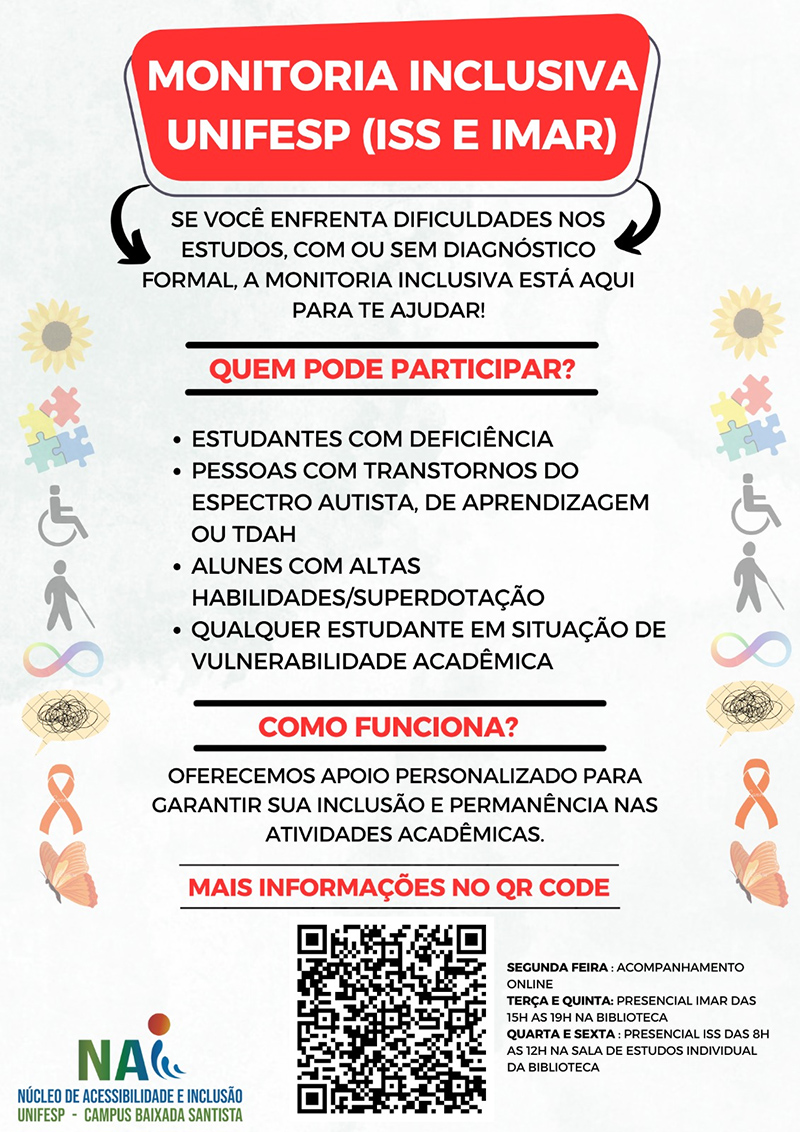In the current world, knowledge needs to be produced taking into account the global character of the acquisition of knowledge. In this context, biotechnology, as an interdisciplinary area, requires reflections that go beyond local issues since it demands the application of technologies developed in different regions of the planet.
The Graduate Program in Bioproducts and Bioprocesses has a highly qualified faculty with high impact scientific production, which results from local and international partnerships. The consolidation and expansion of these collaborations is a fundamental part of the Program's strategy, which aims to both stimulate the mobility of students and teachers, as well as providing the adequate infrastructure for receiving foreign researchers who come to participate in research or teaching activities.
Students are prepared to be able to discuss science in English with international researchers, which is accomplished by offering a wide range of subjects supported by bibliography mostly in English. Some courses are offered exclusively in English and involve presentation and discussion of results in this language. In order to make the grade more flexible and allow the participation of internships abroad, mandatory subjects are offered annually. Finally, funding opportunities for exchanges from the main agencies are regularly disclosed.






